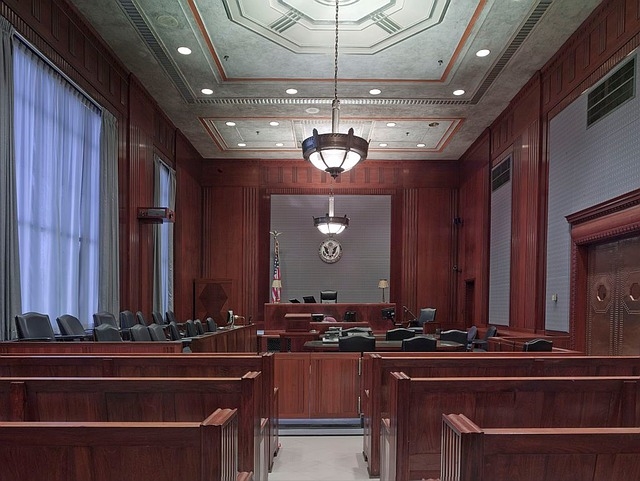
If you
are arrested as a juvenile then the whole process of arrest and booking can be
a completely different experience than that of an adult. It can vary from
everything how a juvenile is taken into custody to where they will be detained
and limitations on how they will be tried. Here is a guide to what makes
juvenile arrests different.
Actual arrests are not the first option
When a juvenile has a run-in with the law, the first steps may be to give a warning but even if detainment is done, the officer will most likely try to avoid arrest and would aim to release the minor to their parent or guardian as opposed to putting them in jail. The courts will also often show leniency, especially if the charges are for first-time offenses and will actually look into if there is any type of history of abuse or neglect that could be contributing to the defendant’s behavior. This is because the courts really try and take a more preventative and rehabilitative approach with minors to hopefully lead them to a straighter path before it’s too late. Of course though, if the charge is serious enough or physical harm has been done then they may have no choice but to try as an adult and apply the proper punishment regardless of age.
You can’t bail out minors
One major difference between that of adults and juveniles is that juveniles are not eligible for bond. One part of this is like it was previously said, law enforcement really tries to just simply release the offender to their guardians without doing an official arrest but if they are detained and not tried as an adult they would end up juvenile detention. If they were however tried as an adult then they may be eligible.
There won’t be any juries
Juries are very typical in standard court cases who would decide whether or not the defendant is guilty, but in the case of juvenile court cases, only a judge will decide both guilt and punishment. These hearings are also not open to the public unless it is for a very serious case in which case there might be exceptions.



